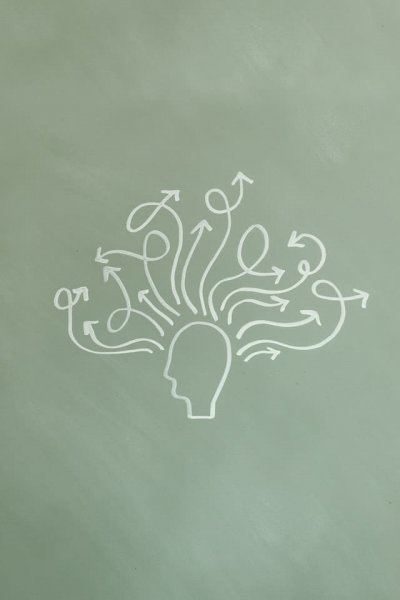ADHD (Attention Deficit Hyperactivity Disorder) is a complex disorder that affects approximately 6% of the population. It has a high genetic heritability and falls under the category of neurodevelopmental disorders. These disorders have a neurobiological basis, emerge in early childhood, and result in dysfunction (academic/social/familial…).
Often, these disorders overlap (ADHD + Autism Spectrum Disorder, ADHD + Tic Disorder, ADHD + Dyslexia, or other learning disorders), making diagnosis and treatment challenging.
It’s crucial to seek out professionals with expertise in diagnosing and treating these individuals because with proper treatment, their outcomes can be significantly improved.
Various therapies and medications have proven to be effective in treating these conditions, but they must be tailored to each individual and their life circumstances, with a clear ultimate goal: to prevent the impact ADHD has on the individual’s life. This includes:
- Improving interpersonal relationships (with parents, siblings, friends, teachers…)
- Enhancing school/work adaptation by improving efficiency and quality of life.
- Boosting self-esteem
- Promoting the individual’s autonomy or independence
- Reducing associated risks (substance use, reckless driving, accidents…).
Contact us if you have more questions or to book an appointment.





